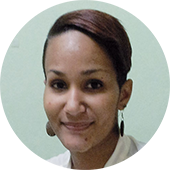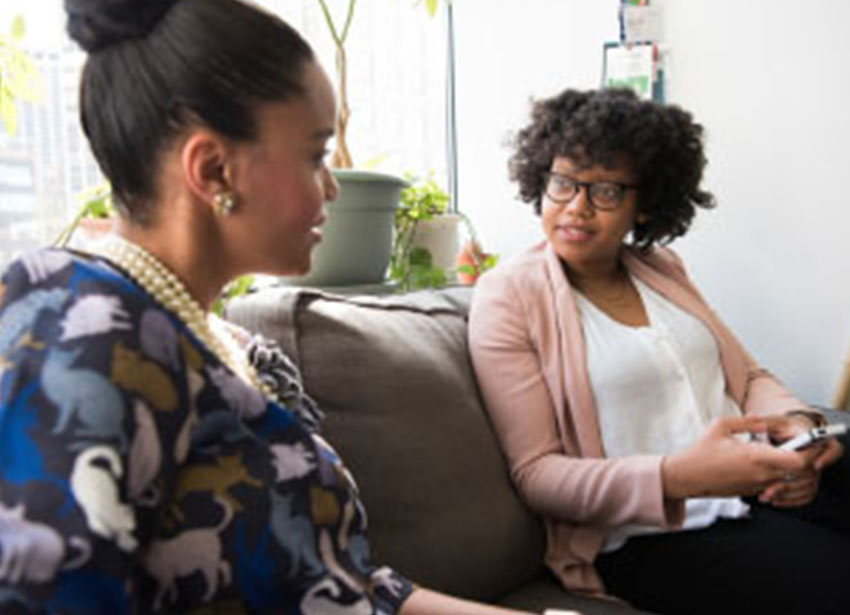
In last week’s article we discussed how we cope when dealing with trauma. We looked at the fact that coping can manifest in both healthy and unhealthy ways. If you are currently dealing with this, I want you to remember that it is understandable that you may be feeling overwhelmed, anxious, fearful, uncertain or angry during this period. There are also others who may just be happy to have a chance to rest, pause or reset. However, you are feeling throughout this difficult and unprecedented time is OK. No-one can tell you what the correct way is to cope or act. Right now, you do what you think is best for you.
This week I thought we would discuss what we think needs to change regarding sexual violence. April is Sexual Assault Awareness Month; it would be fitting to talk about some of the things we would like to see changed to ensure that we address sexual violence and the detrimental effects it has on those who fall victim to this crime. As always, before we continue, should you feel triggered or begin feeling anxious or scared, please stop reading the article. Take a few calming breaths and take a moment to check in to remind yourself that you are safe in the space you are in now. Then, decide whether you can continue reading the article or whether you should stop. The articles will always be available. What you are learning right now is how to listen to what your body is telling you. Remember, as we continue on our healing journeys, we get better at listening to ourselves and trusting in the decisions we make.
In this week’s article I thought we would discuss the world as it is with sexual violence and what changes need to be made to better address sexual violence. The ‘Me Too’ movement changed how we reacted to sexual violence. It was no longer something that was ignored, it was no longer a crime that only affected one kind of woman, it was no longer a crime that we barely heard about. Even with those strides, there is still so much that hasn’t changed. Survivors and victims are still blamed for the crimes committed against them, and they are still expected to know up front that the individual (their friend, family member, teacher, coach, priest, etc.) is going to try to sexually abuse them and then counteract that behaviour.
Survivors/victims are still blamed for the behaviour that they exhibited that contributed to their assault. The myths are ever present and are still used as the main excuse for the violent behaviour. We still believe even with all the traction ‘Me Too’ has made and with as many survivors that have spoken out, that all survivors of sexual violence are the main reason for their assault and should not be taken seriously. We still live in a society that falls back on the excuse of it was her fault because of what she was wearing or where she was frequenting or the fact that she should have known that the individual sitting across from her was going to violate her. But we also live in a society that ridicules the movement, that says that men can’t speak to women without being accused of sexual violence. We live in a world that makes it sound like sexual violence is not an issue; the issue is women who are too sensitive.

I want us to collectively think of what changes need to be made so that not only do we start to reduce the cases of sexual violence, but we start to educate the population on what happens when sexual violence occurs. We must educate everyone on what they can do to help those who are victimized seek help.
During the last month, sexual violence and domestic violence have been on the rise. Are we going to explain that away, are we going to blame the victims for the actions of the men and women who decided to sexually assault them? As the world changes daily, we are meant to reflect on what is happening, what has happened and what we can do to help the future be different. This rule applies in general, not just where sexual violence is concerned. We have been hurting each other repeatedly over the years and we continue to do so. We also have grown into a very callous society that has little to no regard for personal pain. We blame victims for allowing their abusers to assault them, then turn around and blame them for not coming forward, then turn around and blame them for speaking out. Attention, they want to be seen. One of the most ridiculous comments; do you think the attention survivors get after speaking out about their assault is welcomed? Do you think we like being asked and judged about every aspect of the assault we lived through? Do you think we want you to tell us that we didn’t fight hard enough, that we didn’t do this or that? Do you think we want advice from someone who doesn’t know what they would have done if they were faced with the same situation? Do you think we want to relive the assault? No. The answer is NO. No survivor wants to relive their rape, incest, sexual assault over and over again publicly, but we do it so our rapists don’t rape someone else. We do it so that you don’t get into bed not knowing that the man/woman you’re laying next to is a sexual predator. I ask that we sit and truly think about what happens when an individual is assaulted and then we start to talk about what needs to change to ensure that our sons and daughters are educated. So that our sons and daughters don’t become perpetrators, and that should they be victimized, they feel safe coming and telling you about it.
As this week’s article comes to an end, I would like to remind you of a couple of things. We are in difficult and uncertain times right now which may have you feeling more triggered than usual. So, as the days proceed remember 1) there is no shame in listening to what your body needs. If it says stop, stop. Trauma has changed you; you are working towards healing which takes time and patience. There will be good and bad days. Don’t be hard on yourself, you are doing your best. Baby step. Celebrate the small victories, it will take time. 2) You are a survivor of sexual violence. A crime was committed against you, you did nothing wrong, you didn’t cause it, you are not to blame. You could not have changed it or prevented it. You are not defined by it. It is part of your story, not your whole story. 3) Ignorance comes in all shapes and sizes, so when someone walks up to you and blames you or tries to silence you for the crime committed against you, bid them farewell and walk away. They will not be of help to you or your journey. You need support and empathy; anyone in your life not offering that should be escorted out. 4) To my fellow survivors, I want you to remember that you have survived a traumatic experience, but that experience does not define you. I want you to remember that you are strong, brave, intelligent, resilient and worthy of being loved. You are not alone. Know we are here to listen and help. We are all walking a similar path, not the same but we all understand on some level your pain. You are not alone; I know it often feels that way. But know you are not. We are here to listen. Call if you need to vent or if you need company to just be on the phone. We are here to help. Text, email, call, you are not alone. You don’t have anything to be ashamed of, you were violated.
You don’t have to keep secrets you don’t want to keep to protect anyone. You don’t have to let anyone into your life who does not understand or support you. Should you want to discuss or ask a specific question don’t hesitate to send it in. Please don’t give up. You deserve to be happy; you deserve to decide who you let into your life and how much. Survivors of sexual assault need a supportive environment to begin and continue on in their healing journey. They need to believe and feel that they are part of a culture that doesn’t support individuals who commit sexually violent crimes. We must be the difference we want to see in our country. We must be willing to start to make changes. We, at PROSAF, have acknowledged that violence against women is a problem in St Lucia and the wider Caribbean. We are here to begin the metamorphosis that is desperately needed. If you are interested in finding out more information about sexual violence and what you can do as part of this community, please feel free to contact us at: www.prosaf.org.












